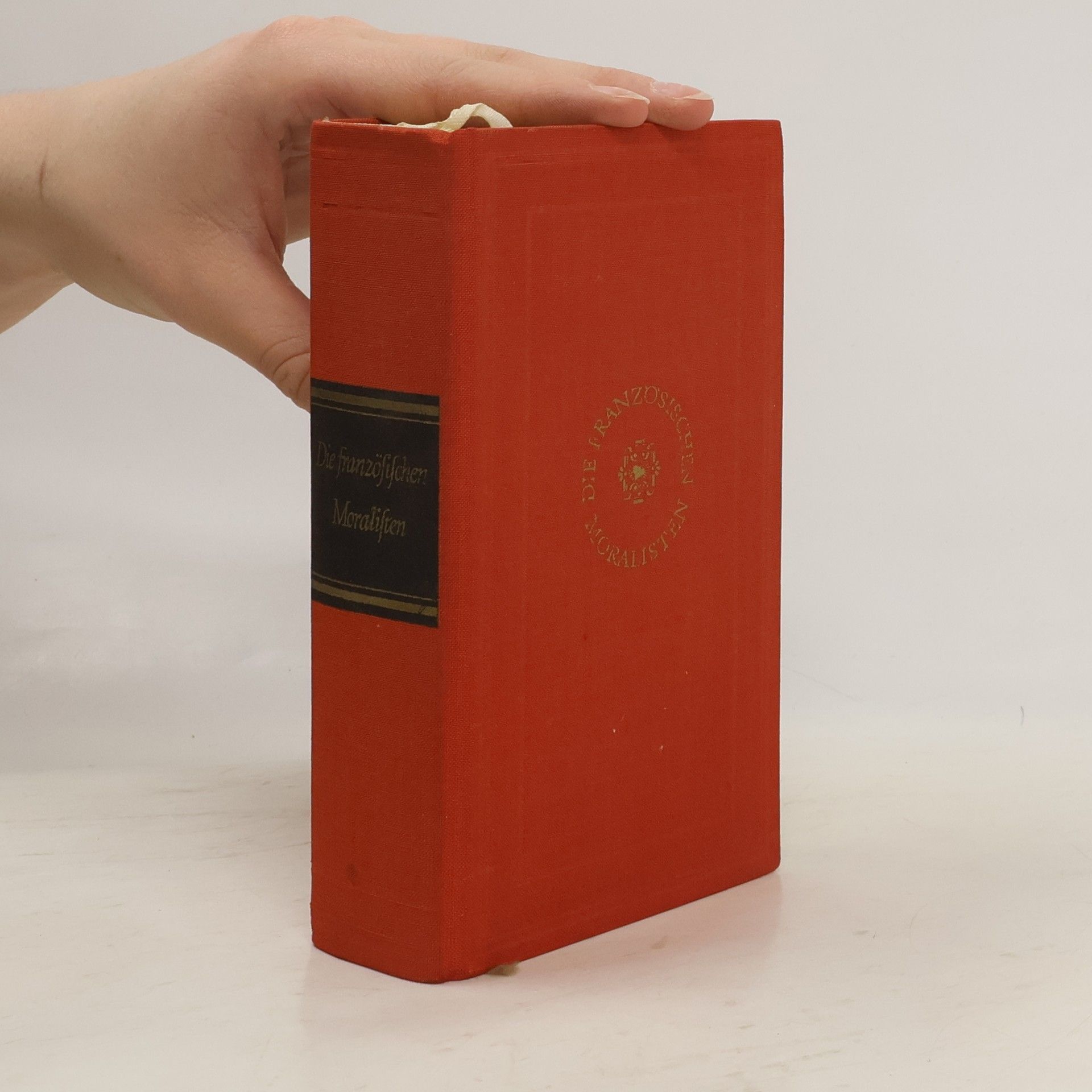De l'esprit des lois 1
- 486 stránok
- 18 hodin čítania
Tento francúzsky mysliteľ, známy ako Montesquieu, bol kľúčovou postavou osvietenstva. Je preslávený svojou teóriou o deľbe moci, ktorá zásadne ovplyvnila moderné poňatie vlády a je zakotvená v mnohých svetových ústavách. Jeho práca tiež pomohla popularizovať pojmy „feudalizmus“ a „byzantská ríša“. Vďaka svojej analýze spoločenských a politických štruktúr zanechal trvalý odkaz v myslení o vláde a spoločnosti.






" Dans cet important ouvrage, Monsieur de Montesquieu, sans s'appesantir, à l'exemple de ceux qui l'ont précédé, sur des discussions métaphysiques relatives à l'homme supposé dans un état d'abstraction ; sans se borner, comme d'autres, à considérer certains peuples dans quelques relations ou circonstances particulières, envisage les habitants de l'univers dans l'état réel où ils sont, et dans tous les rapports qu'ils peuvent avoir entre eux. La plupart des autres écrivains en ce genre sont presque toujours, ou de simples moralistes, ou de simples jurisconsultes, ou même quelquefois de simples théologiens. Pour lui, l'homme de tous les pays et de toutes les nations, il s'occupe moins de ce que le devoir exige de nous, que des moyens par lesquels on peut nous obliger de le remplir ; de la perfection métaphysique des lois, que de celle dont la nature humaine les rend susceptibles ; des lois qu'on a faites, que de celles qu'on a dû faire ; des lois d'un peuple particulier, que de celles de tous les peuples. " d'Alembert.